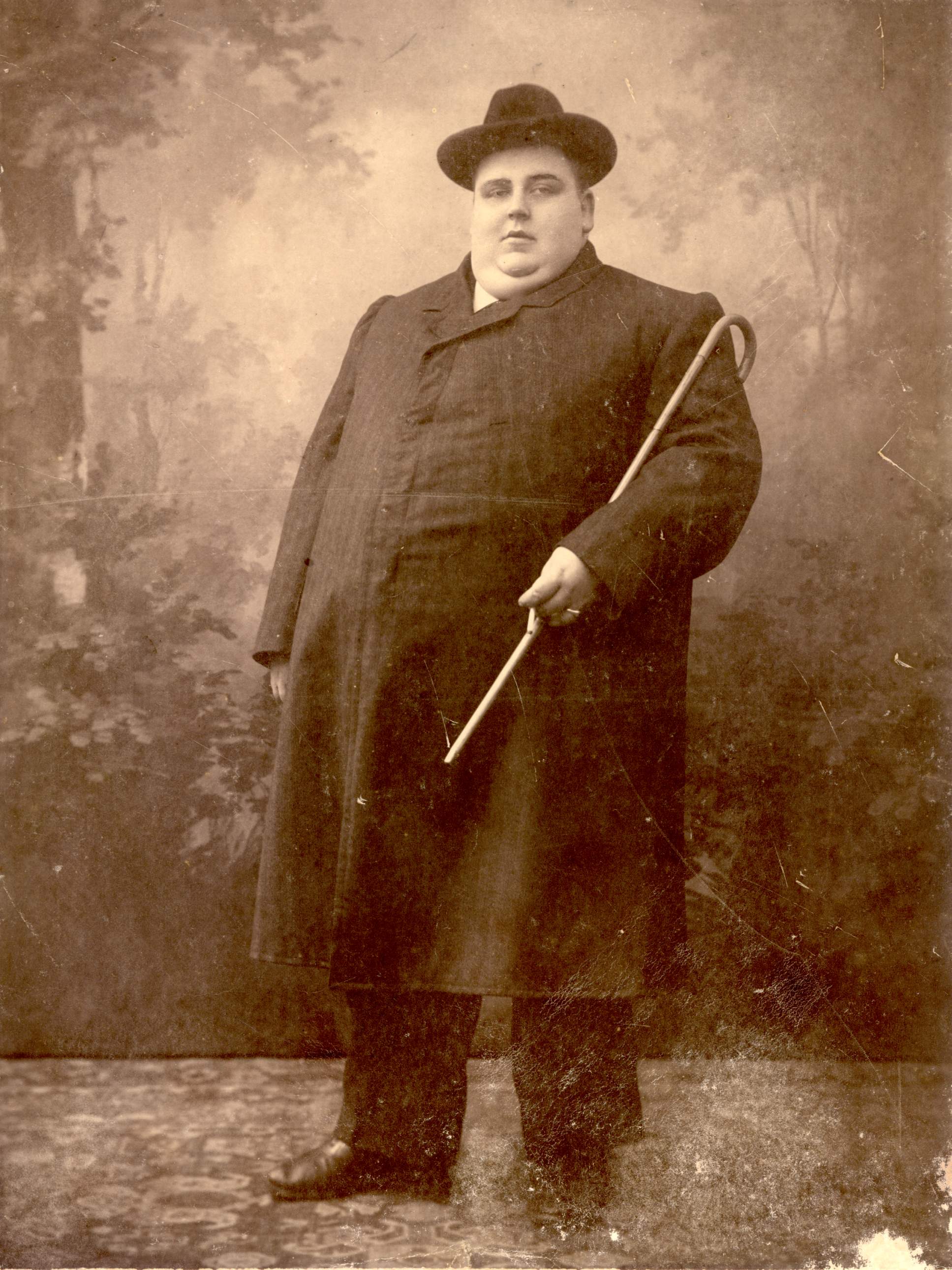 Extremely cheap meat isn’t appetizing on its own, even if you smother its rankness in as many equally low-end toppings as possible. That’s where the Flavor Industry enters, using chemical enhancers to appeal to taste buds and pleasure centers of the brain, something chicken-ish pink goo and indestructible dessert cakes can’t manage on their own.
Extremely cheap meat isn’t appetizing on its own, even if you smother its rankness in as many equally low-end toppings as possible. That’s where the Flavor Industry enters, using chemical enhancers to appeal to taste buds and pleasure centers of the brain, something chicken-ish pink goo and indestructible dessert cakes can’t manage on their own.
From Scott Porch’s Salon interview with The Dorito Effect author Mark Schatzker:
Question:
Did you go to some of the tasting panels that come up with these flavors?
Mark Schatzker:
Absolutely. I went to a flavor company and spoke to many of those people. They’re very talented at putting together thrilling combinations of flavors.
Question:
Do they defend this largely as giving consumers what they want?
Mark Schatzker:
Yes. It’s what consumers want, and they say over and over that overeating is a matter of personal responsibility. What they don’t think about and what no one has thought about is: Why does food have flavor in the first place? It’s a crucial question. If you start putting chemicals in junk food and fast food and soft drinks, you create the illusion of nutrition. You’re making things more delicious than they ordinarily would be. Without that synthetic flavoring, I don’t think people would eat much junk food at all.
Question:
We talked before the interview that it’s not just food. There’s artificial flavoring in cigarettes too.
Mark Schatzker:
One of the most striking and alarming things about flavoring is that it’s used in tobacco and has been for decades. I dug up a document from the tobacco industry from the early ’70s saying that young people are more inclined to smoke flavored cigarettes. They’re the same flavoring that you see [in foods] and for the same reason — it makes it taste better.•
Tags: Mark Schatzker, Scott Porch
